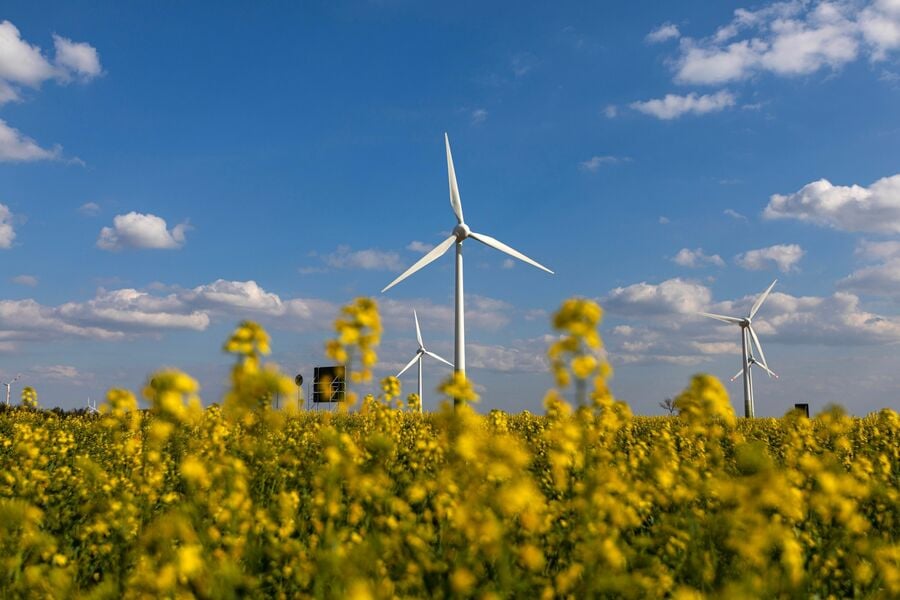

Vanguard Group Inc. is expanding its offering of passive ESG funds in Europe, betting its approach of excluding controversial industries will appeal to investors confused by other more complex products touting environmental, social and governance metrics.
The $7.5 trillion investing giant will offer two exchange traded funds tied to indexes that track large corporates and small- to medium-sized businesses in both Europe and the U.S. The additions bring to 11 the number of index-tracking funds offered in the EU and the U.K. that screen out things like weapons manufacturers, oil and gas producers, as well as firms that violate human rights.
“We want to give investors more options to build out ESG portfolios,” Fong Yee Chan, head of the firm’s ESG strategy for Europe, said in an interview. “It’s a part of our long-term strategy to enable our clients to reflect their ESG preferences into their portfolios, in addition to single products.”
Vanguard is adding the ESG ETFs as the finance industry adapts to new EU rules introduced this month requiring firms to ensure they know retail investors’ sustainability preferences and offer appropriate ESG products. The requirements are part of EU efforts to retool its economy as extreme floods, fires and droughts provide glaring evidence of climate change’s disastrous effects.
The new requirement — part of the EU’s revised Markets in Financial Instruments Directive — could boost ESG investing further, according to industry researcher Morningstar. That’s as asset managers dedicate more resources to targeting retail investors who are often bewildered by the huge array of products available under the ESG label.
“There has been a lot of noise and a lot of new ESG products that have been launched into the market,” Chan said. “For the retail investors, this can be confusing.”
Vanguard plans additional ESG funds, and is looking into launching a climate-related product, said Chan, who works with investment teams to embed ESG considerations into their decision-making.
The strategy of exclusion makes the ESG goals of a product clear, she said. That helps ensure the products don’t run afoul of regulators who are cracking down on fund managers that promise more than their ESG products can deliver. The new ETFs are both classified as so-called Article 8 funds within the EU’s Sustainable Finance Disclosure Regulation, meaning they “promote” ESG characteristics.
The additions are the latest in Vanguard’s offering of ESG products, as the company responds to demand from investors. It began selling four actively managed ESG products in Europe in December, and this week brought to seven the number of US-domiciled funds.

Looking to refine your strategy for investing in stocks in the US market? Discover expert insights, key trends, and risk management techniques to maximize your returns

The RIA led by Merrill Lynch veteran John Thiel is helping its advisors take part in the growing trend toward fee-based annuities.

Driven by robust transaction activity amid market turbulence and increased focus on billion-dollar plus targets, Echelon Partners expects another all-time high in 2025.

The looming threat of federal funding cuts to state and local governments has lawmakers weighing a levy that was phased out in 1981.

The fintech firms' new tools and integrations address pain points in overseeing investment lineups, account monitoring, and more.
RIAs face rising regulatory pressure in 2025. Forward-looking firms are responding with embedded technology, not more paperwork.
As inheritances are set to reshape client portfolios and next-gen heirs demand digital-first experiences, firms are retooling their wealth tech stacks and succession models in real time.
